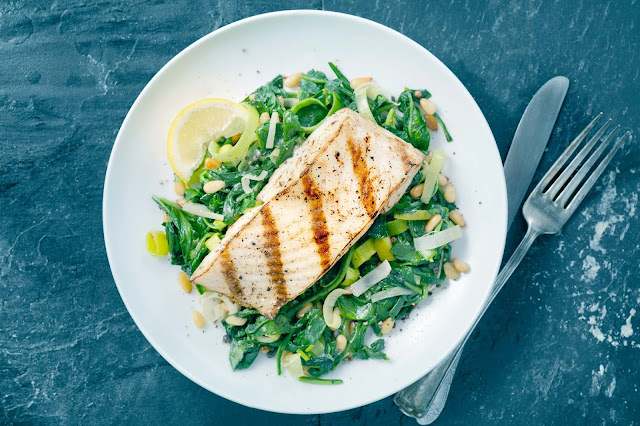A better night’s sleep? Happier mood? A strange rash? Spending time in the sun has upsides and downsides you’ve never heard of.
Strained eyesight (or worse)
For many, vision problems are an unavoidable consequence of aging, but research shows that exposure to the sun can make these issues even more severe, particularly for people over the age of 40. According to a 2011 study by researchers at Fordham University, the same UV rays that can cause harm to your skin can also damage your eyes, increasing the risk of developing cataracts or other vision problems. In serious cases, this can lead to complete blindness, the study says. Fortunately, the researchers offer a simple fix to the issue: sunglasses. Here are 13 other simple ways to improve your eyesight.
Older-looking skin
“All of the signs that we as a culture consider part of looking old are mostly caused by the sun,” Dr. Reichenberg says. For the most part, this includes wrinkles and brown sunspots on the skin, he says. Dr. Reichenberg says some simple lifestyle changes, such as wearing a broad-brimmed hat or applying a daily facial sunscreen, can make a huge difference. Plus, dermatologists have a few tricks up their sleeve to erase the signs of aging overnight.
Red, blotchy skin
Years of unprotected sun exposure can lead to permanently red, blotchy skin, says Jason Reichenberg, MD, associate professor at the University of Texas-Austin’s Dell Medical School and chief of dermatology at Seton Healthcare Family in Austin. As you age, the sun thins your skin and loosens the structure around your blood vessels, causing them to dilate and generate red and brown areas, primarily across the cheeks and neck. “All of the building blocks of the skin melt, almost like an egg,” Dr. Reichenberg says. When this “melting” process happens, the collagen in your skin spreads out, allowing the blood vessels to appear through the skin. And unfortunately, this condition is irreversible once it begins. “You can’t un-cook an egg,” Dr. Reichenberg says. Here’s how to tell whether that facial rash might be something more serious.
A better night’s sleep
A 2013 study from the University of Colorado at Boulder found that natural light from the sun regulates your circadian rhythm, or internal biological clock, and standardizes your sleep cycle. According to the study, your natural sleep schedule coincides with the timing of the sunrise and sunset. When you regularly expose yourself to sunlight, your body can properly set its internal clock to align more closely with the natural light cycle, and you can count on a solid night’s sleep to carry you through your day. Here, other tips from sleep doctors for better sleep.
A boost in vitamin D levels … maybe
It’s no secret that spending time outside is a great way to load up on vitamin D. Several studies have emphasized the benefits of soaking up some sun, linking the vitamin D found in UV rays to a decreased risk of developing multiple sclerosis, osteoporosis, and even the flu. However, Dr. Reichenberg warns that too much sun can actually reverse the benefit and decrease your levels of the vitamin. “Think of it as a chemical reaction going from a pre-vitamin D to vitamin D,” he says. “When the sun hits your skin, it helps convert the pre-vitamin D to vitamin D, which is good. But there are some studies that show that getting too much sun exposure in a day will actually flip that reaction in the opposite direction.” Worried? Here are signs you might have a vitamin D deficiency.
Improved acne
In limited doses, the sun can help treat various skin conditions, such as acne and psoriasis, Dr. Reichenberg says. Ironically enough, the way it does so is actually the same way it causes skin cancer. The sun turns down the immune system on the skin, which weakens your line of defense against cancer and increases your chances of developing melanoma. However, conditions like psoriasis and acne are caused by an overactive immune system; turning your immune system's intensity down a few notches can help treat them. Dr. Reichenberg warns against relying completely on sunlight to treat acne, due to the associated risk of developing skin cancer. A healthier option: natural acne remedies and the right OTC and prescription medications for acne. Here's more advice about how to treat adult acne.





































